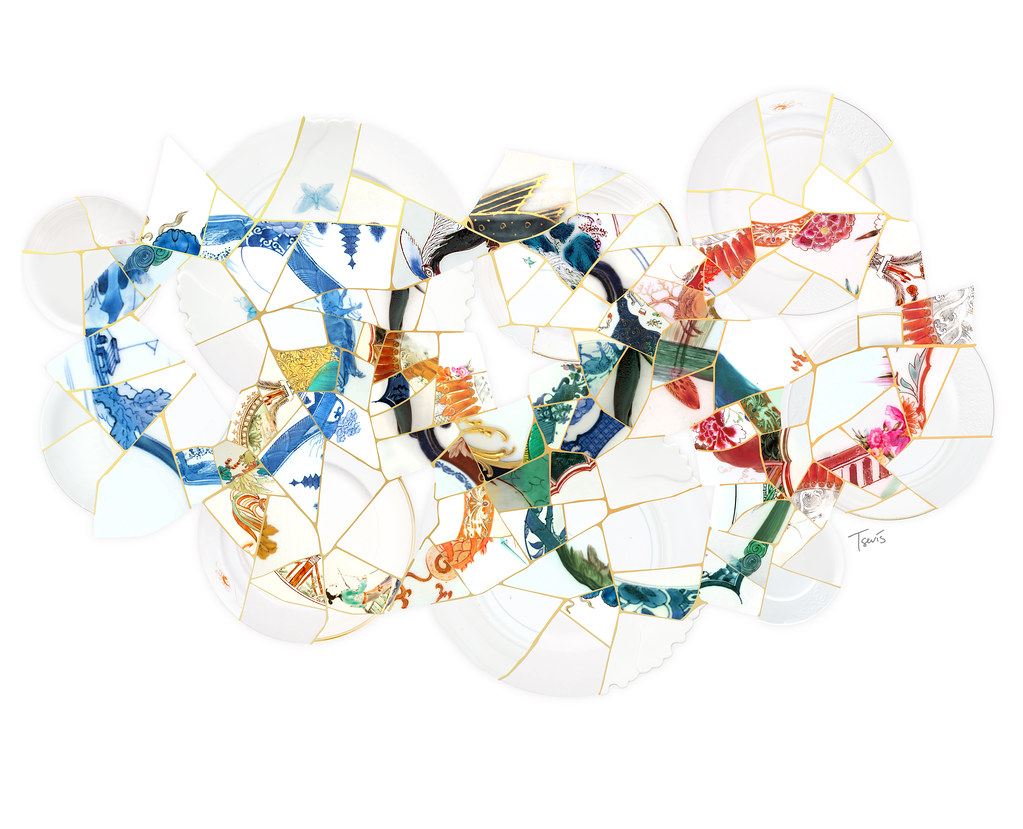So many people are turning the channel this year- are we missing something?

Are the Olympics broken? Corrupted by corporations, cash and politics? That can sometimes happen, within even the most stolid and enduring institutions.
Are the Olympic Games merely obsolete- a vestige of a bygone day? A relic of a past in which society was more cohesive with fewer entertainment options?
Wal-mart and shopping malls killed Main Street; Amazon came along and killed them all. Video killed the radio star. The internet probably killed the video star, if only by extreme dilution.
Did extreme sports, ESPN and the X Games kill the Olympics?
There is no question that fewer fans are engaged this year. This year’s games has been panned as a low-energy, slow-moving train wreck beset by embarrassments and COVID-19. In spite of the laudable efforts by host-country Japan to go above and beyond to make the 2021 Olympic Games special, “lackluster” is the word that most are using.
The critics have a point: Olympic feats of physicality and skill are meant to stun, to astound, and most of all, to inspire.
Why aren’t they?
Sport is a divine, universal human language. People from all walks of life, and as many disparate backgrounds, of every imaginable skin-tone and religious affiliation, can meet almost anywhere in a game of soccer, though it is known in most parts as football.
The smiles are the same, the high-fives are the same. The thrill of victory, the bitterness of defeat; the ecstatic pride of the clutch player and the agonized groans of the choke artist: All universal.
The outcomes in sports are not equitable, far from it. Athletic ability is not evenly distributed into the populace. Nor is luck. Nor is leisure time to practice. Nor is the money so often required in the serious practice of any sport. Is that why we are cooling on the Olympics? With our new social focus on equity consciousness, contests of sport may not fit. Most sports are a zero sum game and what it takes to win at the highest level is not evenly distributed into any given family, let alone into any larger group.
Money and athletic ability aren’t the only things an Olympic athlete needs, either. It helps immensely to have a good support system, family and community- which everyone certainly doesn’t have. Olympians also need an enormous amount of drive, and that isn’t distributed at all equitably.
When Olympic swimmer Michael Phelps’ coach first noticed the young aspiring athlete, the coach noted Phelps had the ideal physique for swimmer- that is, broad shoulders and a deep chest.
He noted in the same breath that Phelps loved to train.
Not everyone loves to train. Far from it.
For those rare souls who do, and are also lucky enough to possess enough of the other requirements to make it all the way to the Tokyo games, there is the dream of gold.
It isn’t the dream of a gold medal, of a podium or a national anthem playing- or not playing- or a flag flying- or not flying.
It is the dream of perfection.
Of achieving that all-time, record-breaking performance, that one perfect run-through of a routine practiced a million times, only not in practice, not alone. The dream is achieving sports perfection when it matters most, when your team and your country are counting on you.
Perfection at the perfect time.
When an athlete achieves this, we know. When we are fortunate enough to witness it, we feel it, we share in it. It’s magical.
If the magic of the transcendental athletic performance is lost on modern sensibilities, are we the poorer for it?
(contributing writer, Brooke Bell)